WHERE CLIMATE IS KING
As I write this, I’m looking out across a (thankfully) gently rolling gray expanse of the North Atlantic. It’s strange to see an unbroken horizon after a week of cruising among the icebergs and daunting cliffs of islands in the Canadian High Arctic.
The ancestors of the Inuit people who live there arrived about 5,000 years ago, looking for a new place to call home. Four millennia later, Norse explorers came, followed 500 years after that by Vikings, who gave up on the place after a few decades.
The European’s relentless pursuits of resources, scientific knowledge, national prestige and personal fame which began in the 1500s were successful – after a fashion and at great cost to the original inhabitants, who won in the end because they recognised that in the polar regions, the climate is king
Sunsets can produce what are known as “fata morgana”, a phenomenon named after a minor Greek goddess who, among other things, dealt in illusions.
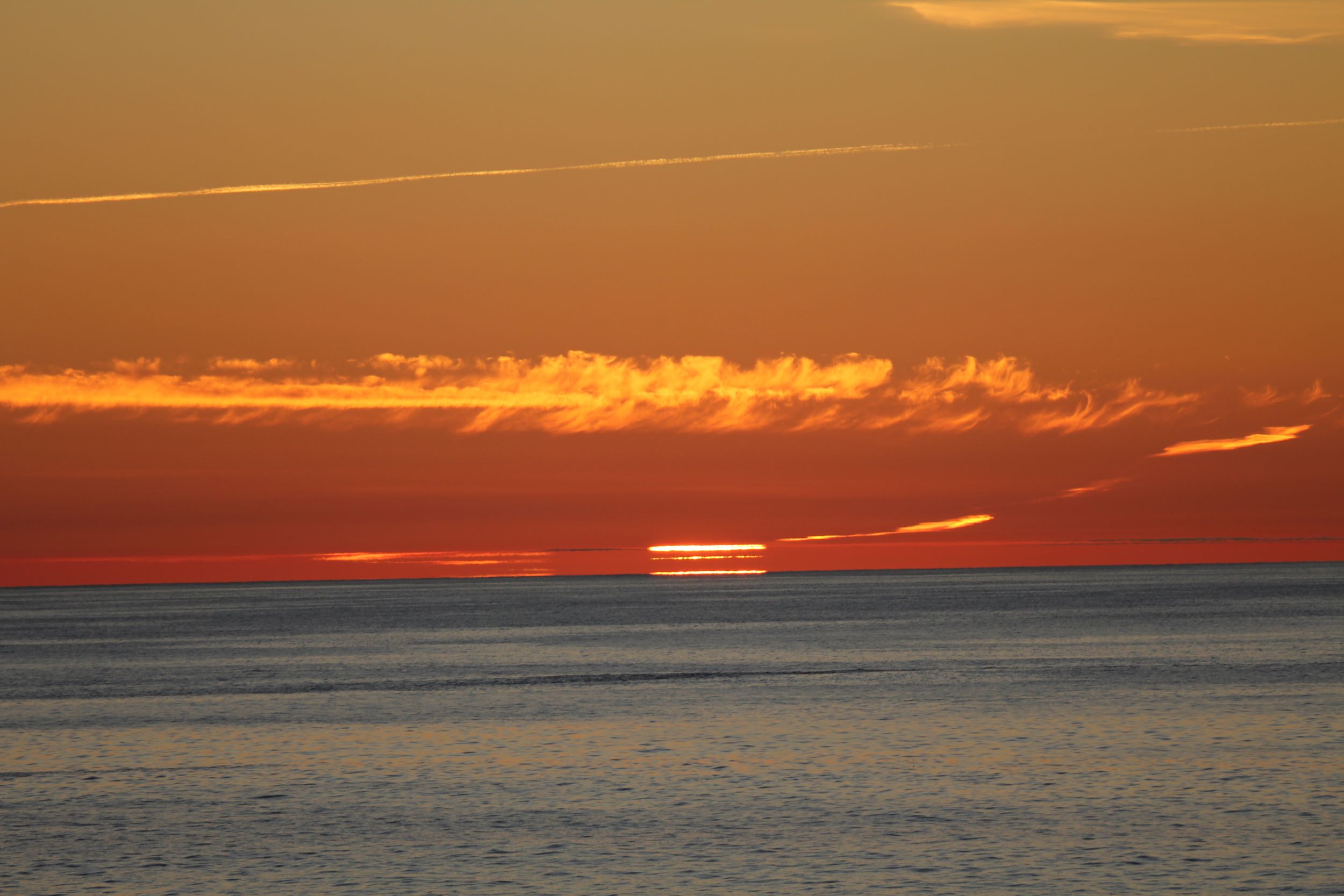 Early explorers thought they saw islands, mountains and even ships floating in the sky in them.
Early explorers thought they saw islands, mountains and even ships floating in the sky in them.
The effect is caused by refraction and reflection of sunlight and ice crystals, moist air and the sea.
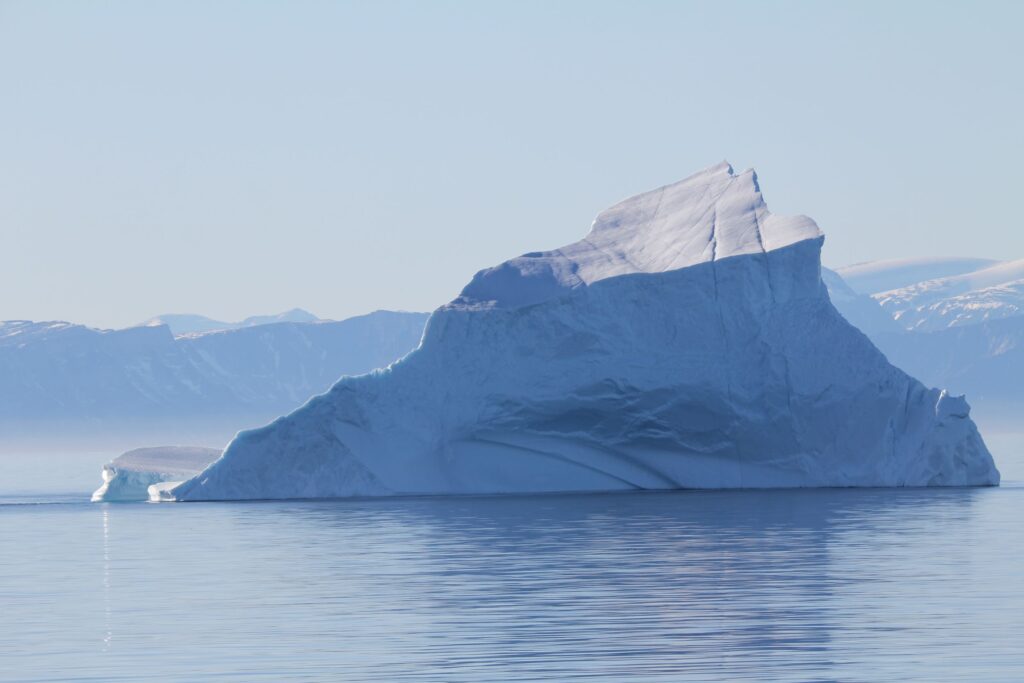
Add that to the majestic beauty of icebergs that were more often than not larger than the ships of day, and it’s no wonder they believed the Arctic was the gateway to untold riches.

British explorer and privateer Martin Frobisher, who held the first Thanksgiving Day celebration, thought he found gold, The tonnes of rocks he mined on several expeditions in the late 1500s turned out to be iron pyrites, a.k.a. “fool’s gold”.
Unknowingly, Frobisher also came close to the start of the North West Passage. It would be more than three ecnturies before it was finally traversed by the great Norwegian explorer Roald Amundsen in 1905.
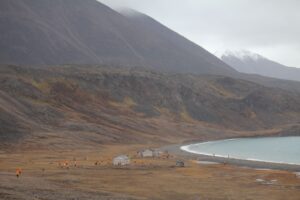 In the 1930’s, the Canadian government based three Royal Canadian Mounted Police officers in small wooden huts on the bleak shoreline of Devon, the world’s largest uninhabited island, to ensure sovereignty over the area.
In the 1930’s, the Canadian government based three Royal Canadian Mounted Police officers in small wooden huts on the bleak shoreline of Devon, the world’s largest uninhabited island, to ensure sovereignty over the area.
After a suicide and a mysterious “accidental hunting death”, the outpost was abandoned.
Shamefully, fifty-two Inuit forced to relocate there under false pretenses were left stranded for another decade.
Devon’s remoteness, barren terrain and freezing weather make it the closest thing on Earth to conditions on Mars, so NASA uses it for training and experiments on how to survive in an extraterrestrial environment.
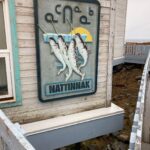
It’s a small fragment of Nunavut, which means “Our Land” in Inuit. The territory is the size of France, but its almost entirely Inuit population numbers less than 40,000 permanent residents.
they have two writing systems, one based on the Roman alphabet, and a “syllabic” one developed by 19th century European missionaries.
The proselytisers also tried to teach the Inuit Christianity’s version of the wonder of creation, although why they thought a highly spiritual people whose chosen homeland includes Baffin, the glacier-graced fifth largest island in the world, needed to embrace such a concept escapes me.
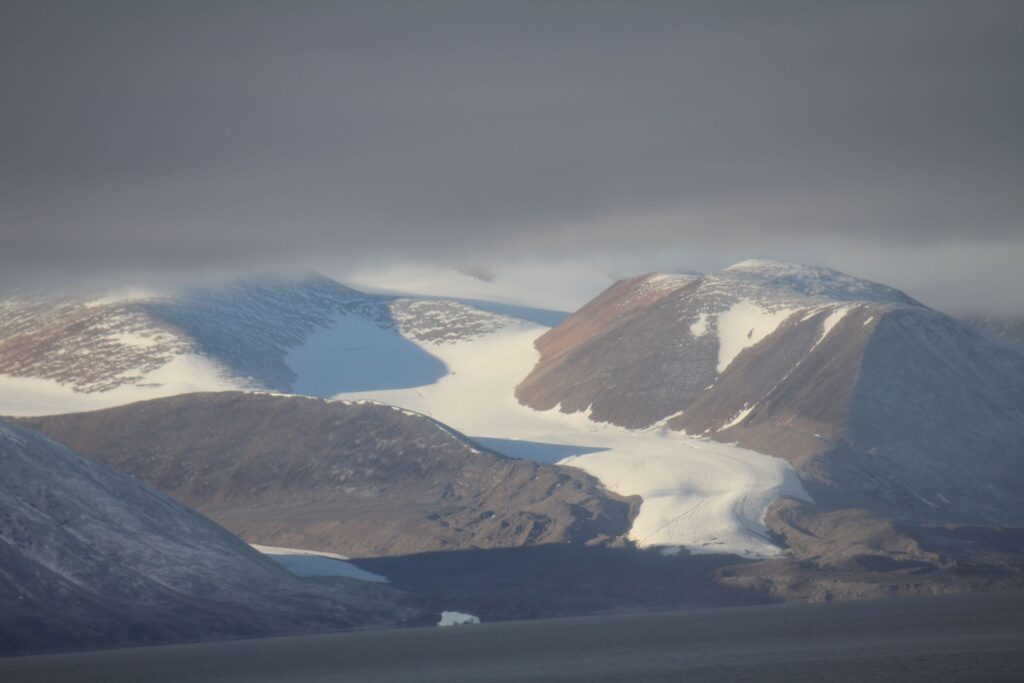
I’ve wanted to see the Arctic since I was given a book about it for my eighth birthday.
It took me just short of 70 years to finally get there…but is was worth the wait.
Comments are welcomed. Click CONTACT on the site header.
To receive e‑mail alerts to new posts, Click SIGN-UP on the header.
4 thoughts on “WHERE CLIMATE IS KING”
What a wondrous journey — otherworldly.
Such an interesting journey, I would like to know more. Trump tried to buy Greenland recently. Have the Chinese got there yet, it right at the end of their NE passage?
Greenlanders I met who even knew about Trump thought he was a joke,
The Chinese threat is real. They’re not in our area yet, but will be soon no doubt,
Looks like it was worth the wait. What stunning pics.